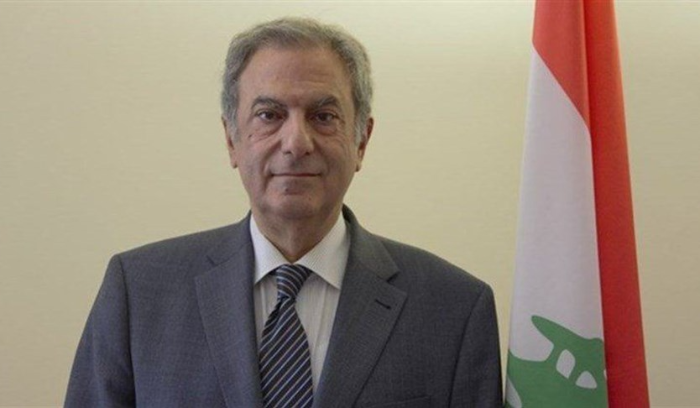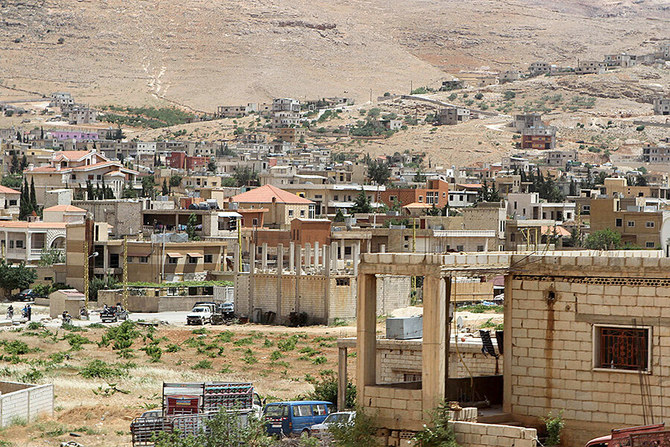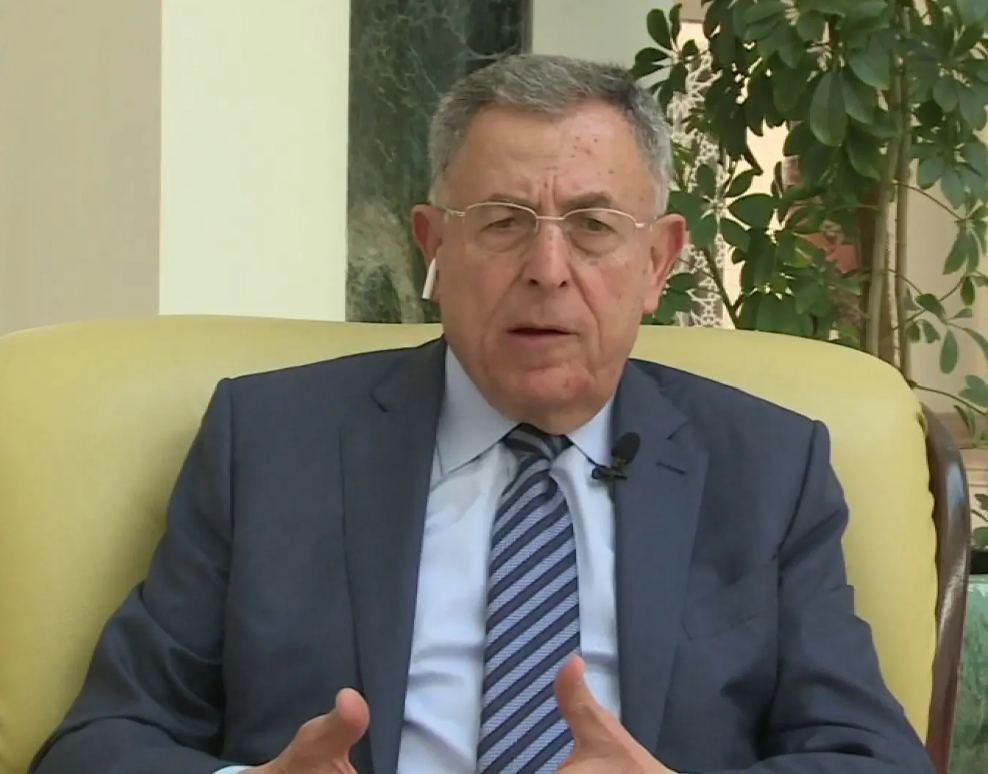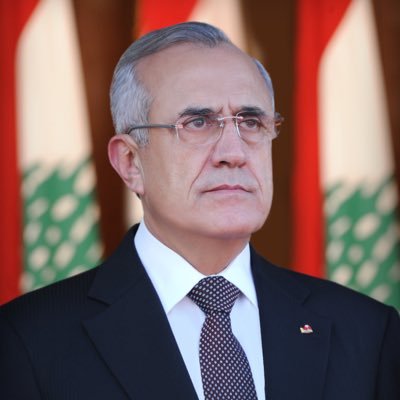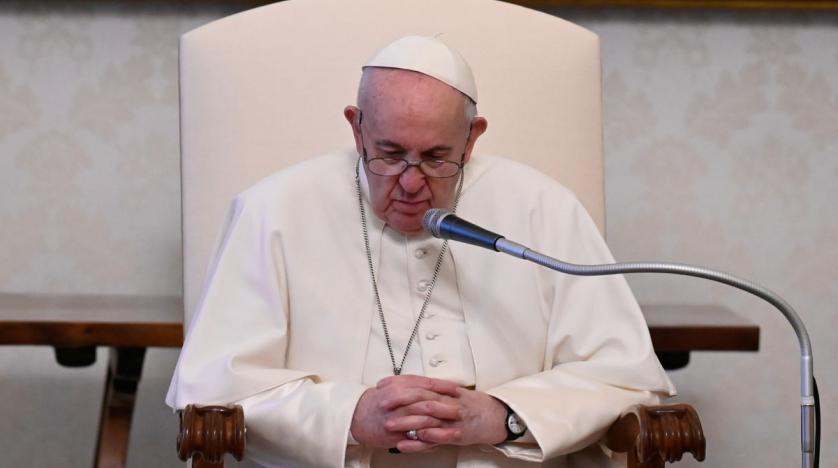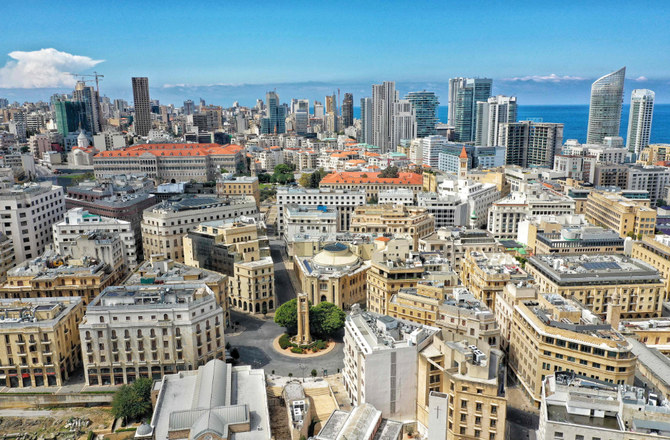
by reuters — Leaving his office this week, the 80-year-old head of Lebanon’s election commission escorted journalists down eight flights of stairs, lighting the way with a mobile phone. As elsewhere in the country, severe power rationing meant the lift and lights were off – symptoms of an economic collapse that has pushed more than three quarters of the population into poverty.
Less than three weeks before Lebanon’s parliamentary elections, retired judge Nadim Abdelmalak is worried about what the crisis means for the fairness of the process. He said his team was understaffed to oversee voting properly, ballots could easily be bought and candidates with more means were at a huge advantage over those without. “These elections will have violations,” Abdelmalak told Reuters this week.
Lebanon’s financial meltdown has seen the lira lose 90 percent of its value since 2019 and people have been unable to access hard currency savings, hitting all sections of society. The elections will be the first opportunity since then for people to choose lawmakers, amid widespread disillusionment over political leaders and despair at what has happened to Lebanon. Some election observers are concerned that candidates would be able to secure votes by distributing food, fuel, or other basic needs that are now beyond the reach of many. “This is undoubtedly going to play a role. There are a lot of people who are going to sell their votes. These factors are going to hit the integrity and transparency of the elections,” said Abdelmalak.
